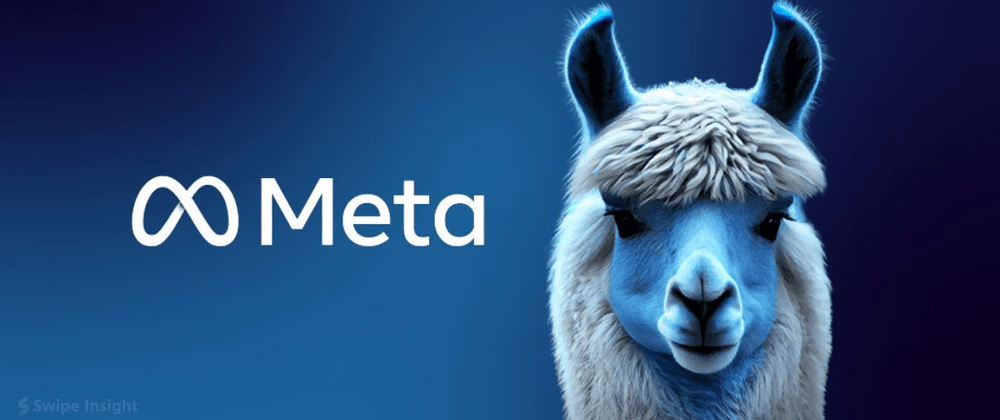Meta has unveiled Llama 3.1, marking a significant milestone in its commitment to open-source AI. This latest release features three models: 405B, 70B, and 8B, with the 405B model positioned to rival the top closed AI systems in both performance and cost-efficiency.
Key Features
Model Variants: The release includes models 405B, 70B, and 8B.
Cost-Efficiency: The 405B model can operate at half the cost of closed models like GPT-4.
Open Source Advantages:
Customisation: Organizations can train and fine-tune the models using their specific data.
Independence: Avoids reliance on closed vendors or specific cloud providers.
Data Security: Supports local deployment, enhancing data protection.
Ecosystem Growth: Promotes innovation and collaboration across the industry.
Industry Impact
Meta has partnered with tech giants such as Amazon, Databricks, and NVIDIA to bolster the open source AI ecosystem. The Llama 3.1 models are accessible across major cloud platforms, with support from companies like Scale.AI, Dell, and Deloitte to aid in enterprise adoption.
Future Prospects
Meta CEO Mark Zuckerberg anticipates that open source AI will become the industry standard. Drawing parallels to the historical transition from closed Unix systems to open source Linux, he asserts that open source AI's adaptability and cost-effectiveness will drive its widespread adoption. He emphasizes the inherent safety of open source AI due to its transparency and broad scrutiny.
Conclusion
Llama 3.1 represents a pivotal step towards democratizing AI technology, making advanced AI capabilities accessible and cost-effective for a wider audience. Meta's dedication to open source AI aims to distribute the benefits of AI technology broadly and equitably, ensuring a more balanced power distribution in the AI industry.







Latest comments (0)